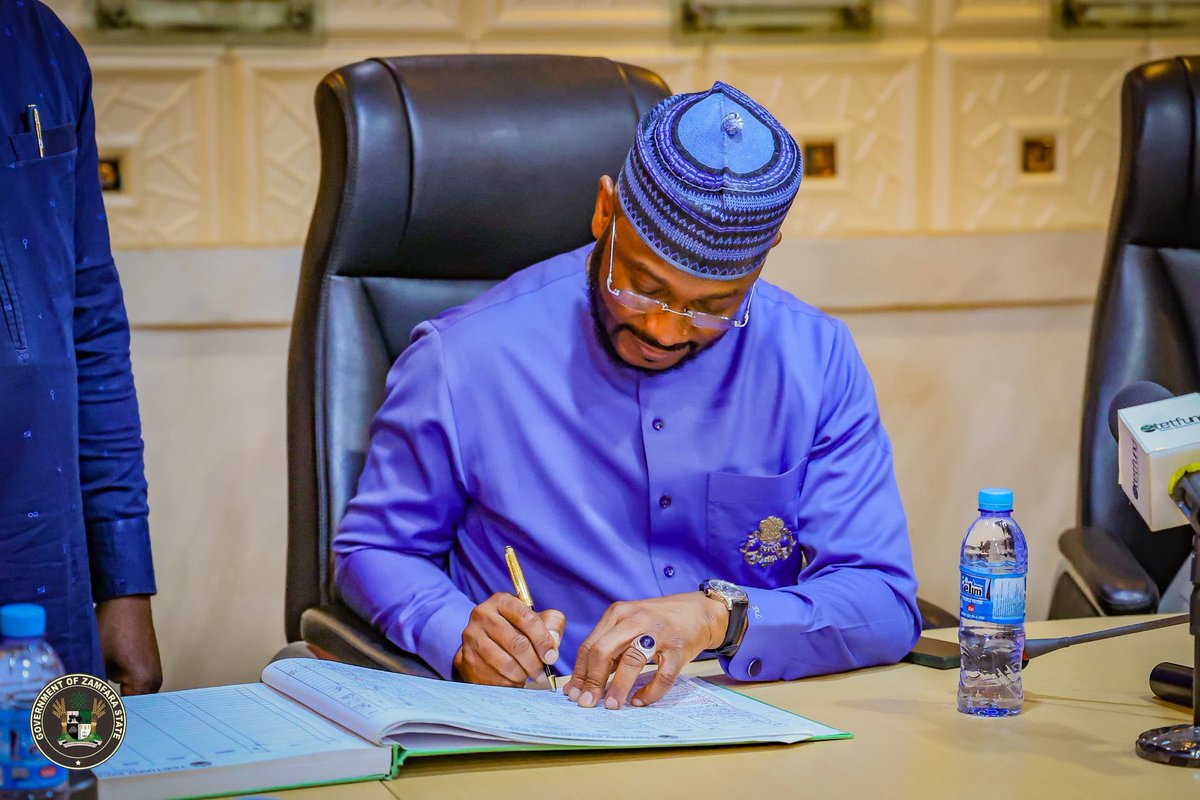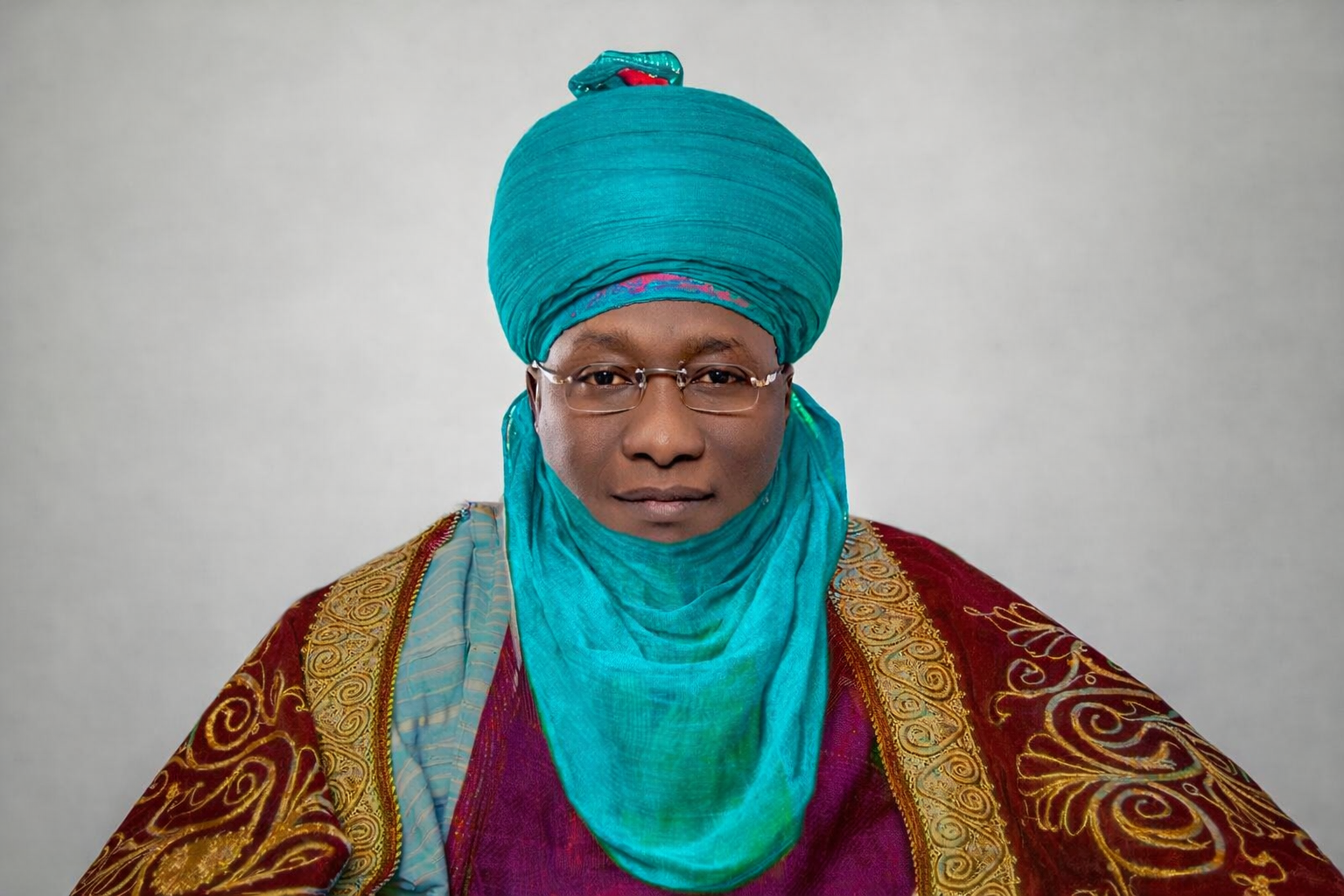The Acting Vice Chancellor of the University of Nigeria (UNN), Prof. Oguejiofo T. Ujam, has disclosed that Nigeria is aiming to attract $2.5 billion in high-integrity carbon credit investments by 2030, alongside the establishment of a national registry in line with Article 6 of the Paris Agreement.
Prof. Ujam made this known during a Research Dissemination and Stakeholders’ Workshop on the Potential and Challenges of the Voluntary Carbon Market (VCM) held in Abuja.
He noted that although the Carbon Market Activation Policy is yet to be approved, Nigeria’s carbon market shows promising growth.
He emphasized that carbon markets are increasingly seen as essential tools for transitioning to a low-carbon economy, especially with Article 6 allowing countries to trade carbon credits to meet emissions reduction targets.
Ujam explained that while the voluntary carbon market encompasses transactions outside regulated carbon systems, compliance markets operate under formal regulatory frameworks.
“We aim to interrogate emerging issues in Nigeria’s carbon market structure, especially around regulation, measurement, reporting, and verification (MRV),” he said.
Commending the Resource and Environmental Policy Research Centre (REPRC–EfD Nigeria) for organizing the workshop, Ujam highlighted the center’s role in generating evidence-based policy advice critical for the development of a comprehensive regulatory framework for Nigeria’s carbon market.
In his remarks, the Director of REPRC–EfD Nigeria, Prof. Nnaemeka Chukwuone, noted that although the research is conducted across the Global South, the current focus is on Nigeria due to the growing importance of the voluntary carbon market in climate mitigation strategies.
“Policymakers now see the carbon market as a viable tool for reducing emissions and accelerating the low-carbon transition. There is global interest in the potential of carbon markets, especially in developing economies,” he stated.
Chukwuone acknowledged that the concept of carbon markets remains unfamiliar to many Nigerians. “There is still a lack of understanding. Many see it as vague or overly dependent on unfulfilled climate finance promises from developed nations,” he said, stressing the need for awareness and capacity building.
Also speaking, climate expert Prof. Emmanuel Oladipo described carbon markets as one of the key mechanisms endorsed by the United Nations Framework Convention on Climate Change (UNFCCC) to mitigate climate change.
He noted that nations with significant natural resources, such as forests, could benefit financially by preserving them as carbon sinks.
“If you are able to maintain your forest cover for a period, you become eligible for financial compensation, calculated based on the carbon stock in the area,” he explained.
Oladipo added that the National Council on Climate Change, established under the Climate Change Act of 2021, is mandated to promote carbon trading in Nigeria.
However, he noted that the council is still in its early stages and yet to fully operationalize a framework for carbon trading in the country.
“I believe that once the council finds its footing and finalizes its framework, Nigeria can begin to realize the vast potential of the carbon market,” he concluded.






